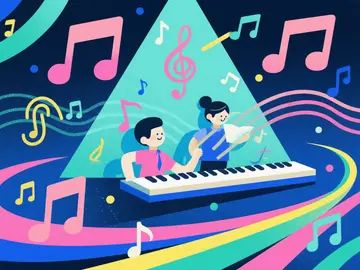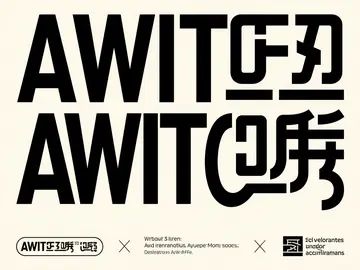?? Introduction: The AI Revolution in Music
Gone are the days of flipping through record store bins or waiting for radio DJs to play your favorite song. Today, AI Music Taste Judges—powered by machine learning and big data—are the new gatekeepers of music discovery. But what does this mean for artists trying to break through and fans searching for their next obsession? Let’s dive in.

?? What Is an AI Music Taste Judge?
An AI Music Taste Judge is an algorithm that analyzes listening habits, song attributes, and user behavior to predict and recommend music. These systems are used by platforms like Spotify, Apple Music, and YouTube to:
Personalize playlists (Discover Weekly, Release Radar)
Predict viral hits (TikTok trends, Spotify Viral 50)
Help artists target audiences (data-driven marketing)
Example: Spotify’s AI might notice you love indie rock with female vocals and suggest a rising artist like Ethel Cain—before she hits the mainstream.
?? How AI Changes the Game for Artists
? The Pros
Democratized Discovery ??
Independent artists can surface alongside major-label acts if the AI deems their sound "similar" to popular tracks.
Data-Driven Feedback ??
Musicians can see which songs are skipped, saved, or replayed, helping them refine their sound.
Global Reach ??
AI doesn’t care about geography—Nigerian Afrobeats or Korean indie can go viral without traditional industry backing.
? The Cons
Algorithmic Bias ??
AI tends to favor songs that fit existing patterns, making it harder for truly experimental artists to break through.
The "Pay-for-Play" Problem ??
Some labels allegedly game algorithms with fake streams or playlist placements.
Loss of Artistic Control ??
Artists might feel pressured to make "AI-friendly" music (e.g., shorter intros, predictable structures).
?? Artist Quote:
"I tweaked my chorus to be more repetitive because Spotify’s algorithm favors ‘immediate hooks.’ Feels like selling out, but streams went up."
?? How AI Shapes Fan Experiences
? The Pros
Hyper-Personalization ??
AI learns your mood, habits, and even the weather to serve perfect playlists.
Endless Discovery ??
No more "I only listen to the same 10 songs"—AI constantly introduces fresh tracks.
Niche Communities ??
Fans of obscure genres (e.g., dungeon synth, hyperpop) can find each other through algorithmic rabbit holes.
? The Cons
Filter Bubbles ??
If you only listen to sad indie, AI won’t push you to try jazz or hip-hop.
Over-Reliance on Data ??
Emotional connections to music can’t be quantified—sometimes a human recommendation hits deeper.
Privacy Concerns ??
Do you want corporations tracking your late-night emo phases?
?? Fan Rant:
"My AI keeps recommending breakup songs because I listened to Olivia Rodrigo once. I’ve been happily single for years!"
?? The Future: Where AI and Music Are Headed
AI A&R Scouts ??
Labels already use AI to sign artists based on streaming potential (see: Warner Music’s partnership with Sodatone).
AI-Generated Music ????
Tools like Boomy let users create "AI-composed" tracks—raising debates about artistry and copyright.
Listener-Controlled AI ???
Imagine sliders for "familiar vs. experimental" or "happy vs. melancholic" to fine-tune recommendations.
?? Conclusion: Harmony or Dissonance?
The rise of AI Music Taste Judges is a double-edged sword. For artists, it offers unprecedented exposure but risks homogenizing creativity. For fans, it delivers uncanny personalization but may narrow musical horizons.
The key? Use AI as a tool, not a tastemaker. Seek out human-curated playlists, support local artists, and sometimes—trust your gut over the algorithm.
?? Final Thought:
"AI can tell you what you’ll like, but only you can decide what you’ll love."

